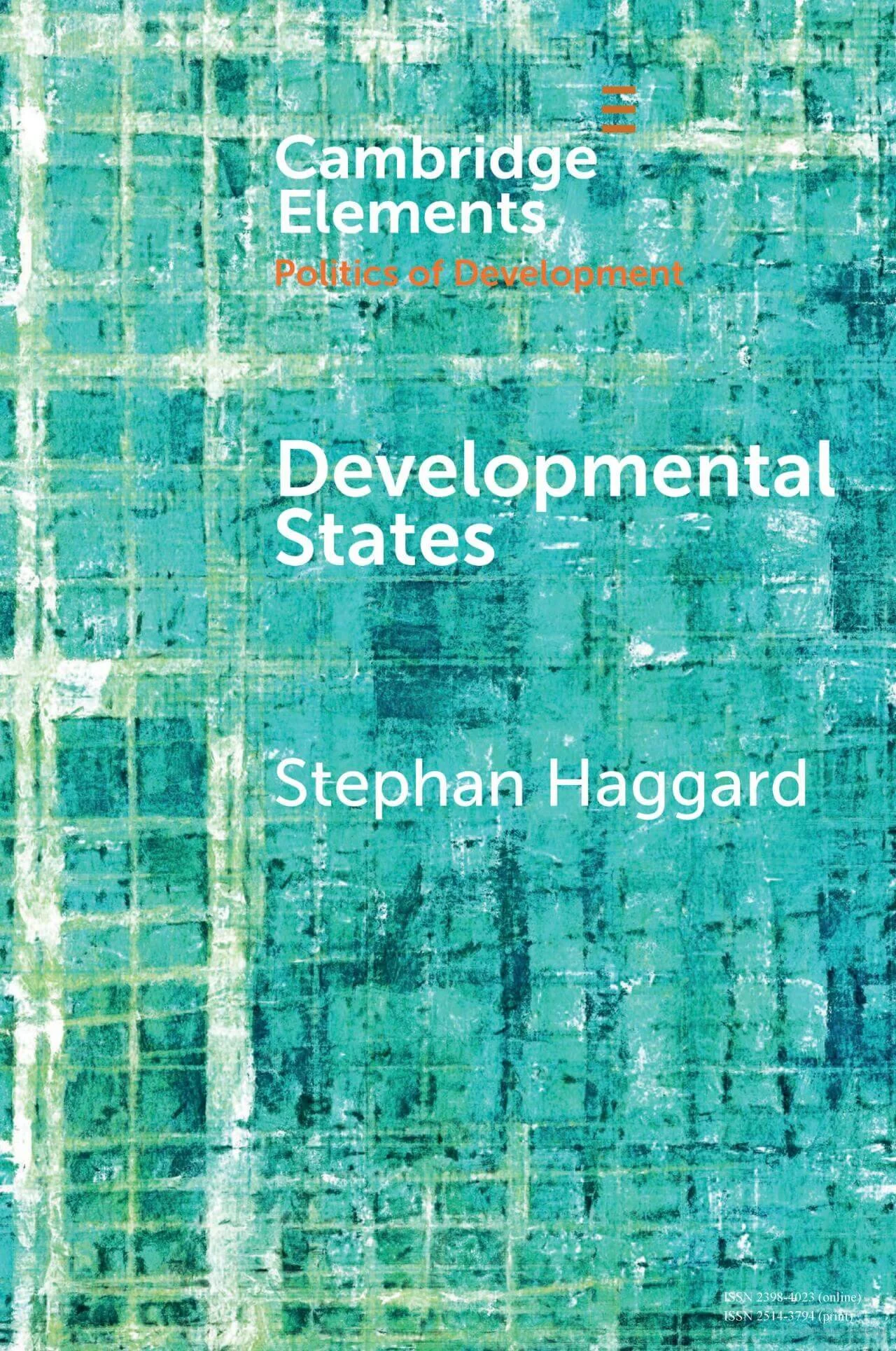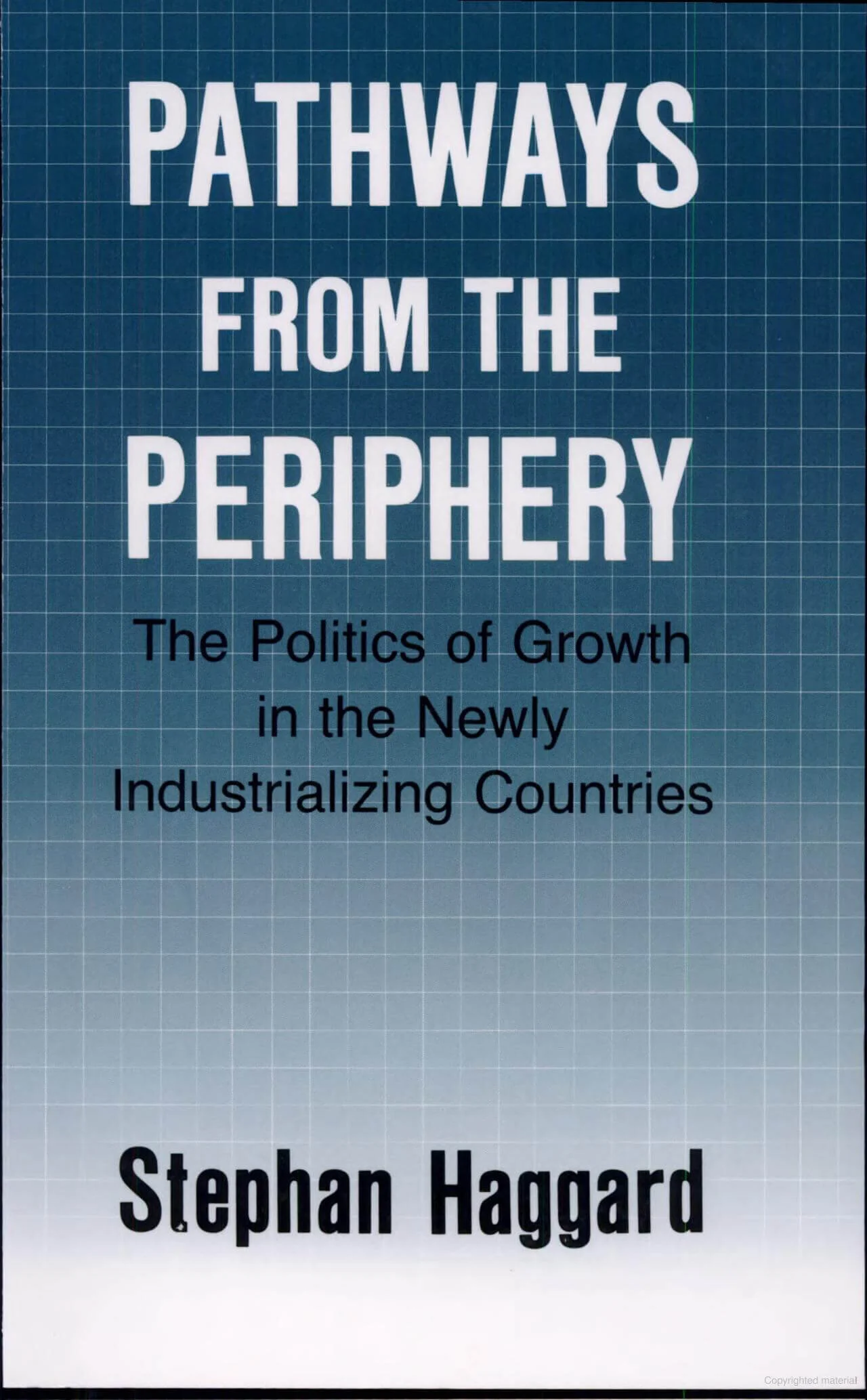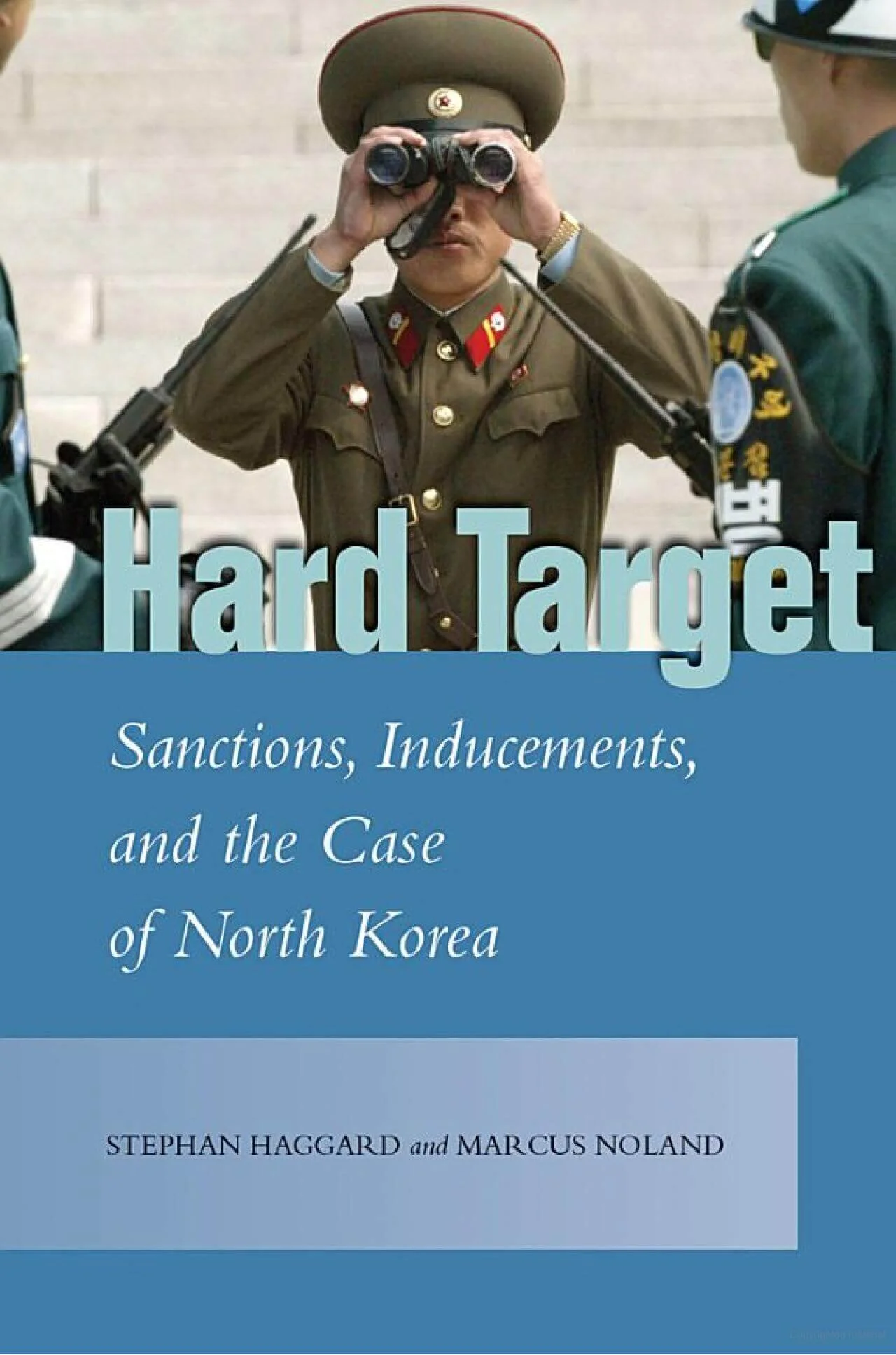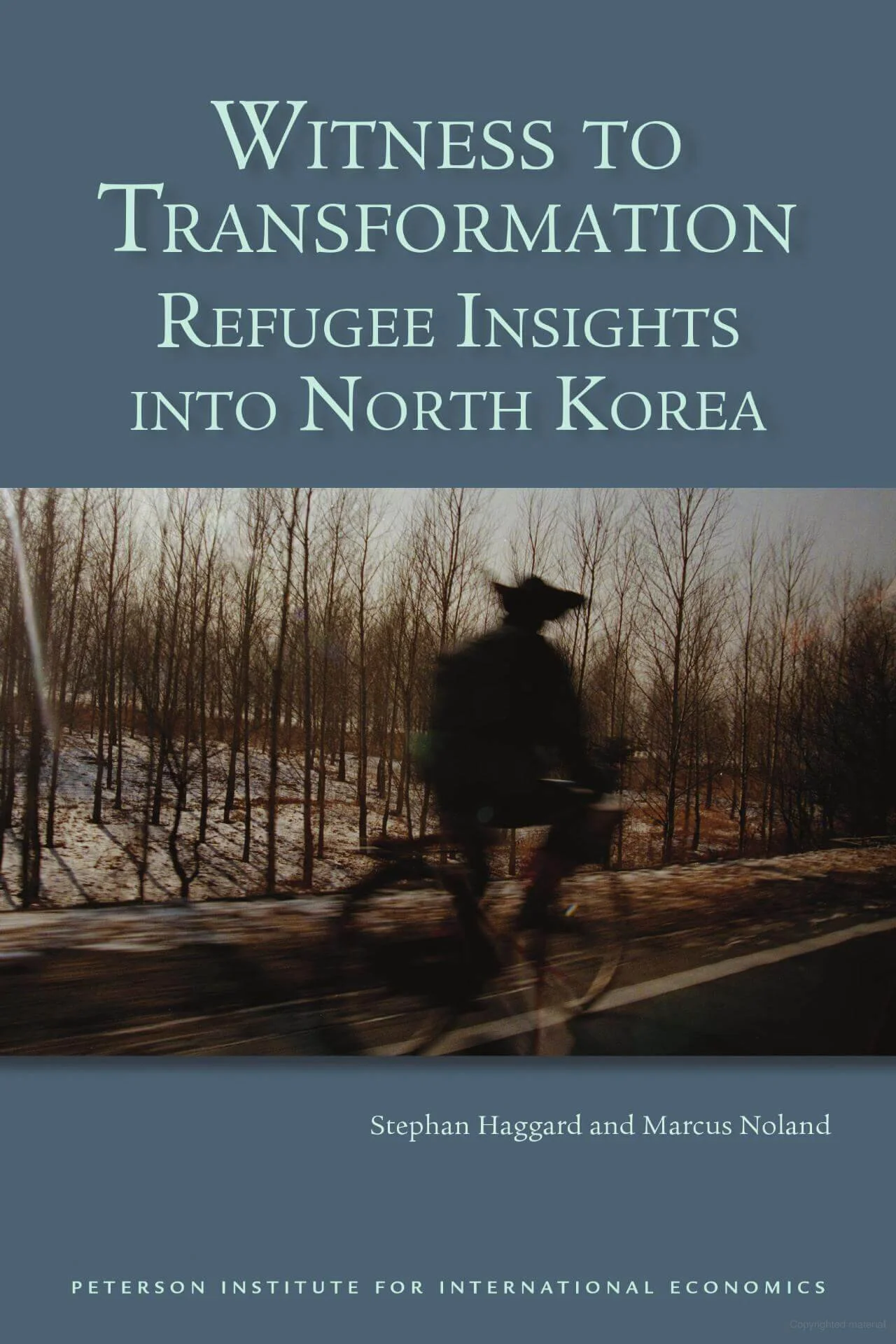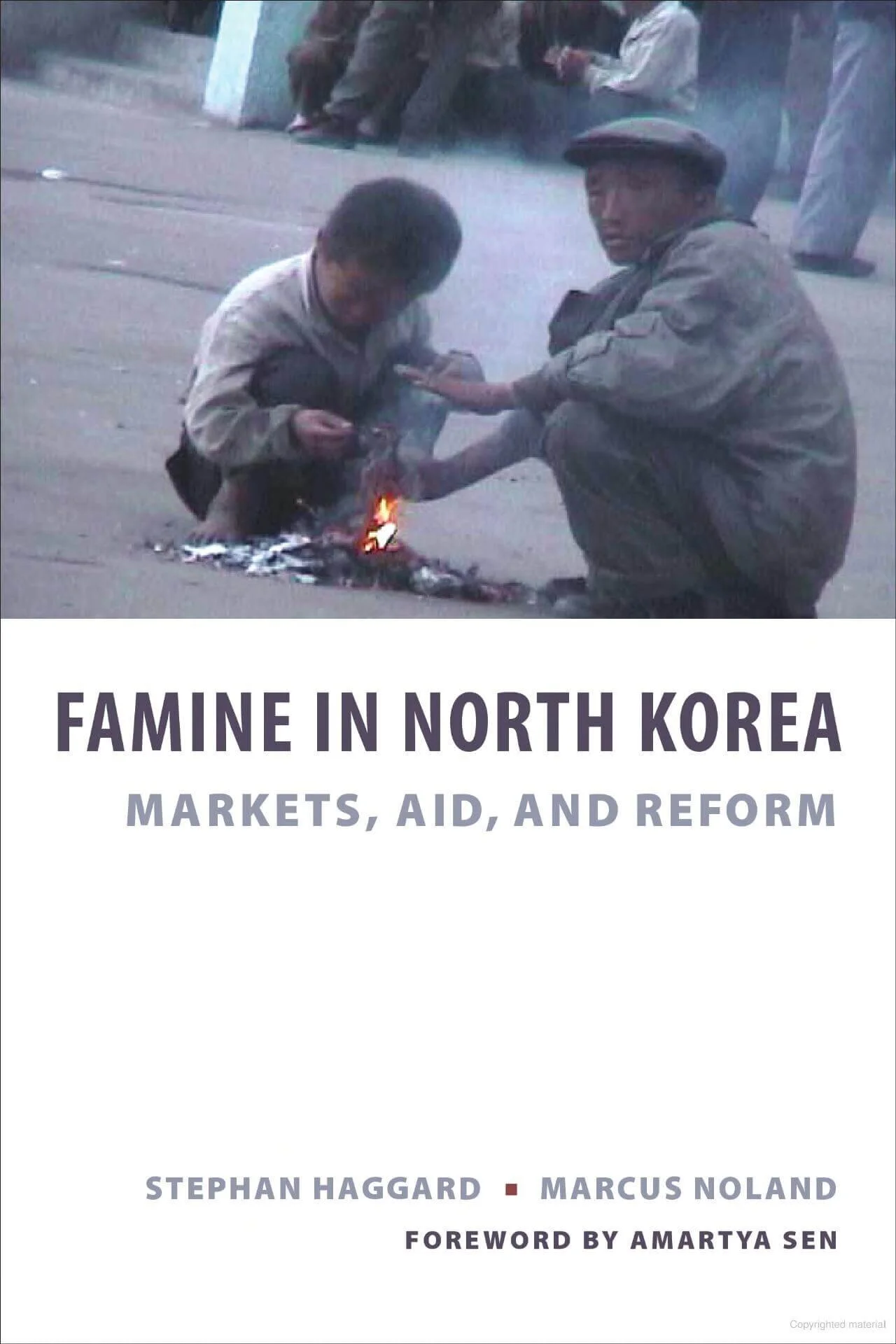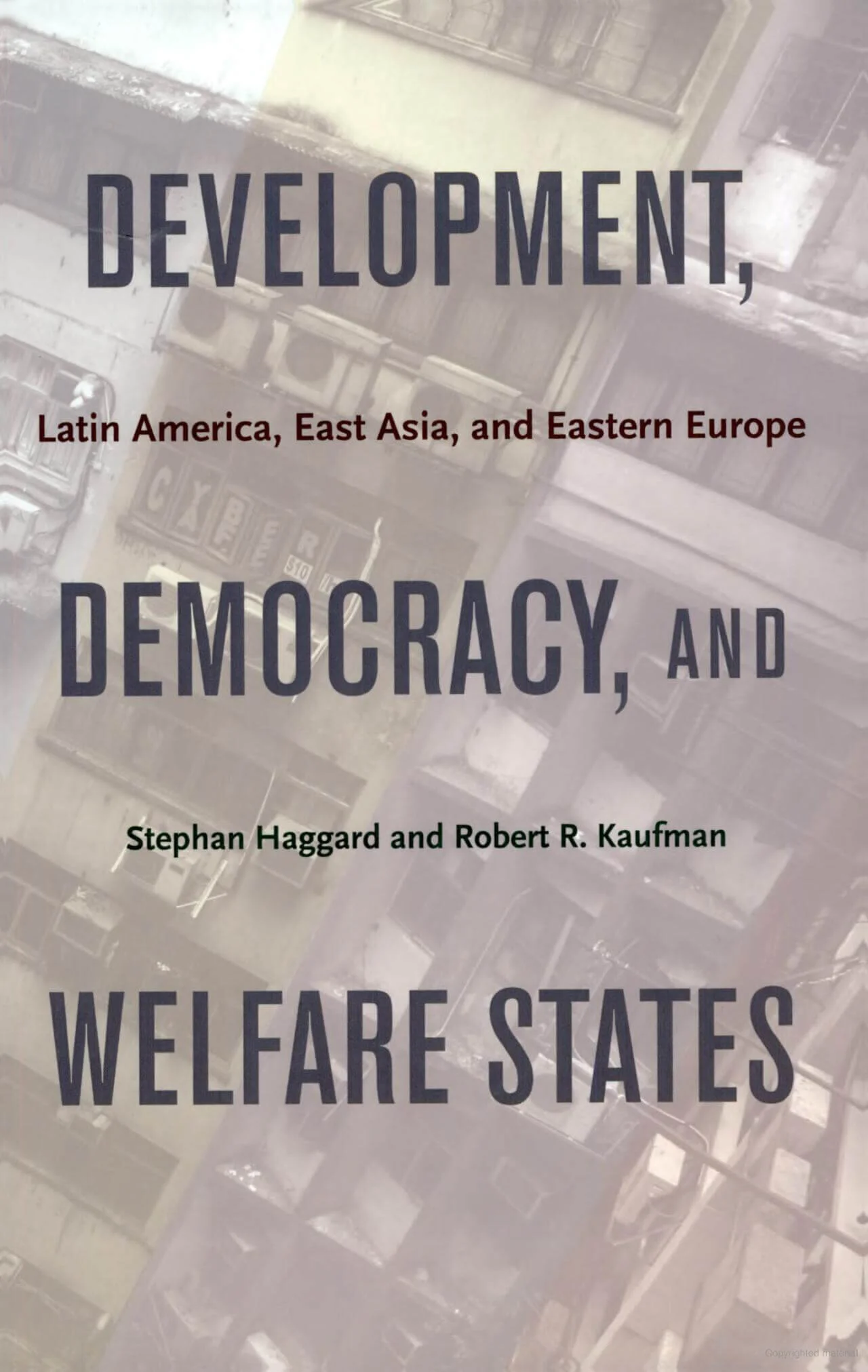Research
Table of Contents
The Political Economy of Growth
How do we think about the relationship between institutions and long-run growth, particularly through processes of economic reform? In addition to a sustained interest in the developmental state, I also developed an interest in what we mean by “the rule of law.”
Books
Papers
With Steven B. Webb, "What Do We Know About the Political Economy of Policy Reform?" The World Bank Research Observer, 8, 2 (July 1993): 143-168. [PDF]
“Institutions and Growth in East Asia,” Studies in Comparative International Development 38, 4 (2004). [PDF]
“On Governing the Market,” Issues and Studies 40, 1 (March 2004): 14-45. [PDF]
With Lydia Tiede, “The Rule of Law and Economic Growth: Where are We?” World Development, 39, 5 (May 2011), 673-685. [PDF]
With Yu Zheng, “Institutional Innovation and Investment in Taiwan.” The Micro-Foundations of the Developmental State,” Business and Politics, 15, 4 (2013): 435-466. [PDF]
With Lydia Tiede, “The Rule of Law in Post-Conflict Settings: The Empirical Record,” International Studies Quarterly 58 (2014): 405-417. [PDF]
“The Developmental State is Dead: Long Live the Developmental State!” in James Mahoney and Kathleen Thelen, eds. Comparative Historical Analysis in Contemporary Political Science (Cambridge University Press, 2015). [PDF]
“Janos Kornai as Political Economist,” Acta Oeconomica, 68 (S 2018): 11–27. [PDF]
Lecture on Developmental States at the University of Manchester, February 2019: https://www.youtube.com/watch?v=BOuZm2ErgmY
Transitions to and from Democratic Rule
My long-standing collaboration with Bob Kaufman initially focused on the economic determinants of regime change, before joining the debate on the role of inequality. Most recently, we have focused on the phenomenon of democratic backsliding.
Books
Papers
With Tun-jen Cheng, eds., Political Change in Taiwan (Boulder: Lynn Rienner, 1992).
With Robert Kaufman, “Inequality and Regime Change: Democratic Transitions and the Stability of Democratic Rule.” American Political Science Review 106, 3 (August 2012). [PDF]
With Robert Kaufman, “Democratization During the Third Wave,” Annual Review of Political Science, 13, 2016. [PDF]
With Robert Kaufman, “Democratic Decline in the United States: What Can We Learn from Middle-Income Backsliding?” Perspectives on Politics (2019). [PDF]
The Political Economy of North Korea
My long-standing collaboration with Marcus Noland began around the famine, and subsequently moved to a consideration of the refugee crisis and the logic of sanctions and engagement with North Korea. More recently, I have been interested in political change in North Korea.
Books
Papers
Stephan Haggard and Liuya Zhang, “Researching a Hard Target: Analyzing North Korea with Official Economic Data,” GW Institute for Korean Studies: https://gwiks.elliott.gwu.edu/publications/nkef-publications/
With Marcus Noland, Hunger and Human Rights: The Politics of Famine in North Korea (Washington D.C.: U.S. Committee for Human Rights in North Korea, 2005). [PDF]
With Marcus Noland, eds. The North Korean Refugee Crisis: Human Rights and International Response. (U.S. Committee on Human Rights in North Korea, 2006). [PDF]
With Marcus Noland, “North Korea’s Foreign Economic Relations,” International Relations of the Asia-Pacific 8, 2 (2008): 219-246. [PDF]
With Marcus Noland, “Economic Crime and Punishment in North Korea,” Political Science Quarterly, 127, 4 (Winter 2012-13). [PDF]
With Marcus Noland, “Gender in Transition: The Case of North Korea,” World Development 41, 1 (January 2013), 51–66. [PDF]
With Luke Herman and Jaesung Ryu, “Political Change in North Korea: Mapping the Succession,” Asian Survey, 54, 4 (2014): 773–800. [PDF]
A short 2019 TED-like lecture on getting information out of North Korea: https://www.youtube.com/watch?v=SEAN1Ct7-3E
The Political Economy of South Korea
South Korea was one case study in Pathways, but I continually returned to it: looking more closely at the transition to export-led growth, considering the Japanese legacy in an interesting debate with Atul Kohli and considering the aftermath of the financial crisis in a collective research project with Wonhyuk Lim. More recently, I have looked at issues of free speech (with Jong-sung You) and political polarization (with Yeilim Cheong).
Books
Papers
With Yeilim Cheong, “Political Polarization in Korea,” (February 2023). [PDF]
With Byung-kook Kim and Chung-in Moon, "The Transition to Export-led Growth in Korea, 1954-1966," The Journal of Asian Studies, (November 1991). [PDF]
With Chung-in Moon & David Kang, “Japanese Colonialism and Korean Development: A Critique,”World Development 25, 6 (June 1997): 867-881. [PDF]
With Tun-jen Cheng and David Kang, “Institutions and Growth in Korea and Taiwan: the Bureaucracy, “The Journal of Development Studies 34, 6 (August 1998). [PDF]
With Jongryn Mo, “The Political Economy of the Korean Financial Crisis,” Review of International Political Economy 7, 2 (Summer 2000): 197-218. [PDF]
With Jong-sung You, “Freedom of Expression in South Korea,” Journal of Contemporary Asia (2014). [PDF]
The International Relations and Political Economy of East Asia
I revisited East Asia’s growth experience through a consideration of the Asian financial crisis and in a collective research project on the disk drive industry that focused on the growth of global production networks in the region. Most recently, Dave Kang and I edited a volume on historical international relations of Asia that brought together historians and political scientists to consider important historical events IR scholars should know.
Books
Papers
“Regionalism in Asia and the Americas,” in Edward Mansfield and Helen Milner, eds. The Political Economy of Regionalism (New York: Columbia University Press, 1997).
“The International Relations of Asia: the Liberal View,” in Rosemary Foot, Saadia Pekkanen and John Ravenhill, eds. The Oxford Handbook of the International Relations of the Asia-Pacific. Oxford University Press 2014.
The Political Economy of Social Policy
After The Political Economy of Democratic Transitions, Bob Kaufman and I considered the effects of democratization on social contracts in East Asia, Latin America and Central Europe.
Books
Papers
With Nita Rudra, “Globalization, Democracy and Effective Welfare Spending in the Developing World,” Comparative Political Studies 38, 9 (November 2005): 1-35. [PDF]
With Robert Kaufman and James Long, “Income, Occupation, and Preferences for Redistribution in the Developing World,” Studies in Comparative International Development 48, 2 (June 2013): 113-140. [PDF]
With Cullen Hendrix, “Global Food Prices, Regime Type, and Protest in the Developing World, Journal of Peace Research, 52, 2 (March 2015). [PDF]
International Relations Theory
My current research interests have returned to IR theory and particularly the arguments around international liberalism: the claims that economic interdependence, international institutions and democratic rule are conducive to peace. What about these ideas has made them so controversial? Possible sources of skepticism are outlined in Liberal Pessimism and are being developed into a book with the tentative title of International Liberalism and its Discontents.
Papers
With Beth Simmons, "Theories of International Regimes”, International Organization, 41, 3 (Summer 1987). [PDF]
“The Institutional Foundations of Hegemony: Explaining the Reciprocal Trade Agreements Act of 1934,” International Organization 42, 1 (Winter 1988). [PDF]
“Politics in Hard Times Revisited: The 2008–9 Financial Crisis in Emerging Markets,” in Miles Kahler and David Lake, Politics in the New Hard Times: the Great Recession in Comparative Perspective. Cornell University Press, 2013.
“Liberal Pessimism: International Relations Theory and the Emerging Powers,” Asia and the Pacific Policy Studies, 1, 1 (2014). [PDF]
“The Behavioral Revolution and International Relations.” International Organization, 71(S1): S1–S31. 2017. [PDF]
Qualitative Methods
In the course of writing Development, Democracy and Welfare States and Dictators and Democrats, I became more interested in the debates around qualitative methods and started teaching a Ph.D. seminar on the topic. A particular interest has been on what Gary Goertz and I call “large-N qualitative analysis (LNQA),” and the use of online appendices for the presentation of qualitative research.
Papers
Symposium on James Copestake, Gary Goertz and Stephan Haggard, “The Veil of Ignorance Process Tracing (VoiPT) Methodology,” Qualitative and Multimethod Research 18, 2 (Fall 2020). https://www.qmmrpublication.com/uploads/1/1/4/9/114986293/qmmr_fall2020_vol-18_no-2.pdf
With Robert Kaufman and Terence Teo, “Distributive Conflict and Regime Change: A Qualitative Dataset,” Princeton University Press. http://assets.press.princeton.edu/releases/m10879.pdf
With Robert Kaufman (and Inbok Rhee, Terence Teo and Giovanni Angioni), “Backsliding: Democratic Regress in the Contemporary World Appendix.” https://www.cambridge.org/files/4616/1281/1201/backsliding_appendix_corrected_feb2021-1.pdf
Gary Goertz and Stephan Haggard, “Generalization, case studies, and within-case causal inference: Large-N Qualitative Analysis (LNQA),” forthcoming in the Oxford Handbook on the Philosophy of Political Science. [PDF]
